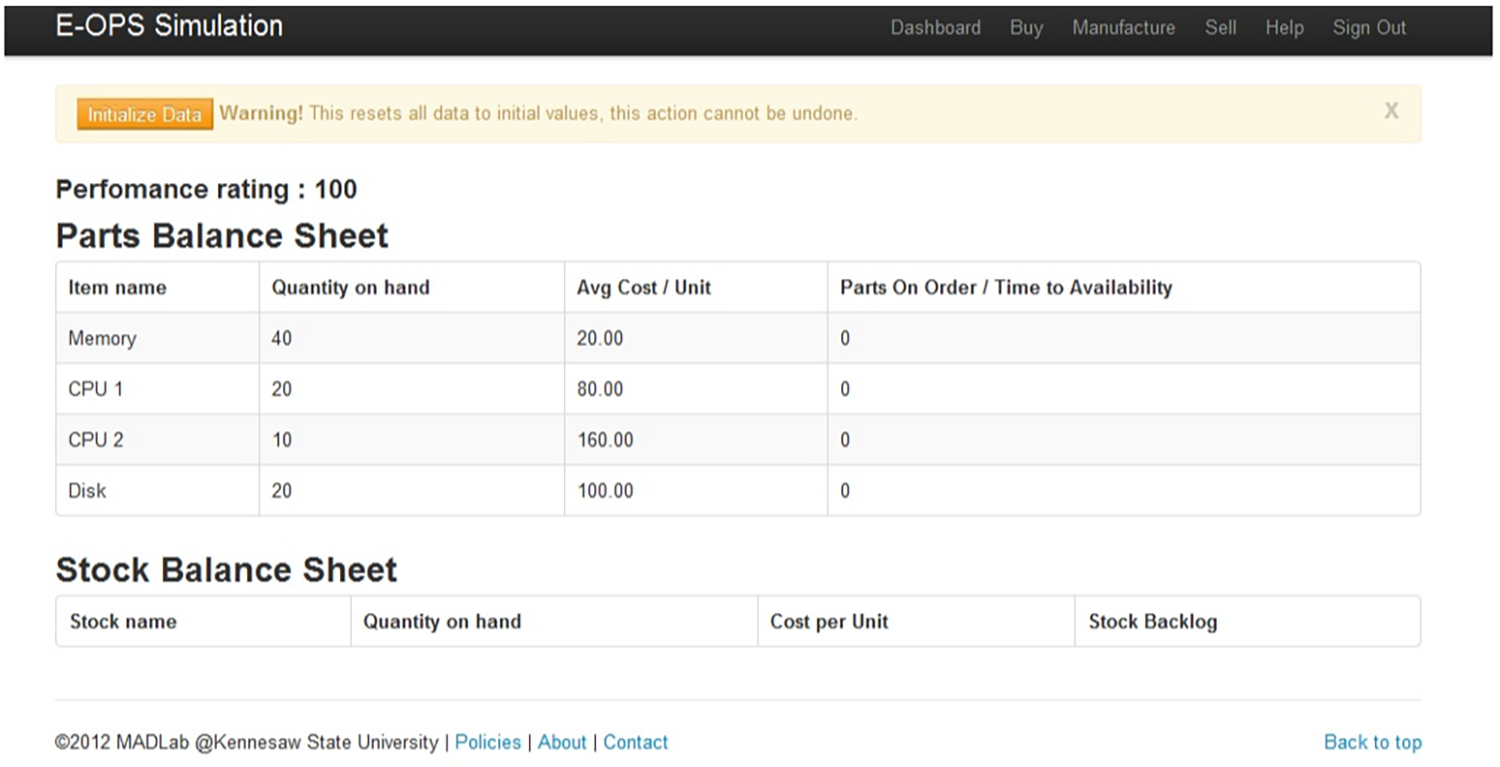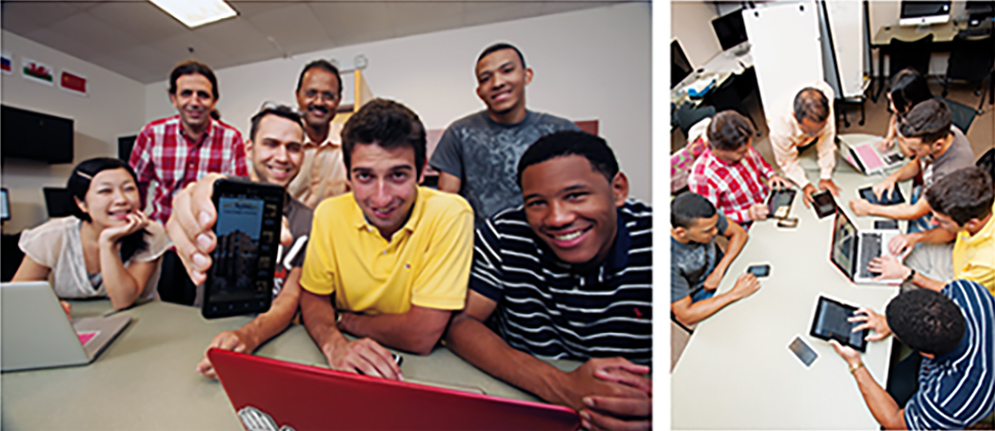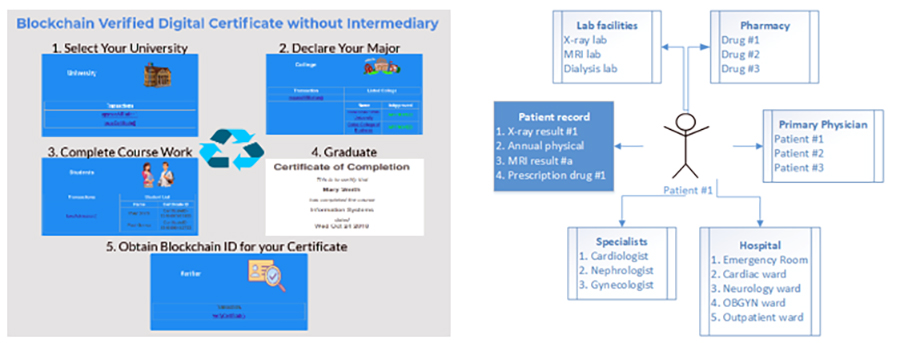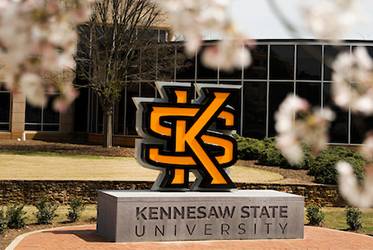
Modular Agile Deployment Lab (madLab) Provides a Practicum Complementing Classroom Knowledge with Hands-On Experience
KENNESAW, Ga. | Apr 27, 2019

The Modular Agile Deployment Lab (madLab) is a unit of the Information Systems Department at Coles College of Business, Kennesaw State University. Led by Executive Director Dr. Solomon Negash (Kennesaw State Professor of Information Systems), the mission is to create an experiential extension to classroom learning. The madLab creates synergy between the classroom, practice, and research providing practicum for student experimentation. Students gain hands-on experience enabling them to create solutions that address business needs. The madLab was initiated in 2003 as a summer robotic and computing camp for youth; it was restructured as a mobile application development lab in 2010 and broadened as modular agile deployment in 2016 to encompass more professionals and faculty/staff.
Student selection for madLab opportunities is open to the KSU community. Students submit their interest, those matching madLab opportunities are selected for a semester with options to apprentice for multiple semesters. Apprentice at madLab receive training on the tools and techniques needed for the projects. In some cases, students have received iOS and Android app development training. Executing full-fledged projects with student resources is challenging. Students are often transient and unreliable workforce; the madLab helps bridge the workforce reliability challenge by creating apprenticeship opportunities. Activities at the madLab include app development, community engagement, and blockchain for business.

eOps Simulation Interface
madLab students have developed many apps funded by clients. Coles College Business and College of Humanities and Social Sciences app with features welcoming students to campus and assisting them in navigating from one floor to another, one classroom to another, was developed as an administrative tool. A classroom tool called e-Operations (eOps) app simulates real-world business operations with raw material purchases, production, and sales of finished goods. Students use eOps to learn real-world supply chain processes in a simulated environment.

A student study assistant app, Study-Buddy, helps schedule and share group study sessions. Study-Buddy extends the classroom enabling students to learn from one-another when studying and working on assignments. The app enables students to store and forward discussion notes.
The madLab in collaboration with the College of Science and Math has a pending US patent for Study-Budy.

Loan amortization (SBDC) app servers Georgia credit union members in planning their small business loans, calculates the cost of the loan, and provides the necessary forms to apply for a loan. Laser Services is an inventory management app helping a medical supplies company manage the timely delivery of its surgical devices to participating hospitals in Georgia, Alabama, and North Carolina. A library app that assists patrons schedule study rooms from their mobile devices. Tenacity app manages client contracts, alerts account managers for successful contract execution, and provides decision-makers a holistic view of the contract status.
The madLab has done educational activities for primary school, middle school, high school, and career-changing professionals. GameSalad was adapted to teach computer science to primary school students through game creation. This summer camp activity helped primary schoolers learn analytical and problem-solving skills through animation and games without writing a line of code. Middle school students participated in summer Programming, Animation, Robotics, and Computing (Summer PARC). Summer PARC utilized LEGO Mindstorms, Alice, PICO Cricket, and Scratch from MIT MediaLab. In this three week, Summer PARC session middle schoolers build and programmed robots and animated and wrote code for their stories.

Summer PARC Students in Action
madLab partnered with a local high school mentoring teams of girls competing in a national coding competition conducted by Technovation, a national organization promoting problem-solving skills for girls. App-Inventor from MIT was used as the coding platform. madLab apprentice mentored the girls’ team in a weekly virtual meeting. The girls’ team project had three milestones checked confirming its progress throughout the semester. Three girls’ teams made it to the national competition in San Francisco. Career changing professionals took madLab training on cross-platform mobile app development – iOS, Android, and Microsoft. Learners brought their own project and designed and coded with guidance from madLab apprentice. Community engagement partners include the Georgia Department of Education, Technology Association of Georgia, Atlanta Chamber of Commerce, and the Marietta Chamber of Commerce.
The madLab offers hands-on experience in using Blockchain for business. The madLab embeds the technical complexity of Blockchain in a use-case, a specific situation in which a product or service could potentially be used, reducing the steep learning curve when attracting talent in a technically complex career sector like Blockchain. madLab apprentice mentored in Blockchain technologies has successfully presented their work at the FIS student showcase and IBM TechU Atlanta 2019 events. Students take the classroom concepts and further develop solutions to address a real-world problem and present to business executives. The Blockchain teaching use-cases elaborated by madLab apprentice were presented at a conference in Edmonton, Canada.

Student Blockchain Showcase
In collaboration with like-minded scholars, research motivated by madLab is presented to a global audience. A study on users privacy and security when using smart devices and awareness about granting permissions when downloading apps were presented in Lisbon, Portugal, and Marrakech, Morocco, respectively. Healthcare study using short messaging services (SMS) in HIV awareness program and mobile healthcare services adoption were presented in San Francisco, California and Tel Aviv, Israel, respectively. Financial services study on mobile banking adoption by under-banked communities in the United States was presented in Como, Italy; personal computers utilization among youth was presented in Kigali, Rwanda and Addis Ababa, Ethiopia; adoption factors for mobile financial services was presented in Bangkok, Thailand; and how rural small-scale farmers can utilize mobile IT was presented in Chennai, India.

Blockchain-based Transcript Authentication and Healthcare
To build the development platform madLab partners with industry leaders. In the early days of madLab, Microsoft provided the necessary platforms (Visual Studio and Azure Cloud) for app development; the madLab experience was used as a Microsoft case study. Later madLab added Ionic and InVision, platforms that enable students to work on the same platform from ideation to code. The madLab has also identified IBM LinuxOne Community Cloud as the partner for teaching students on the permissioned Hyperledger Blockchain technology.
The madLab works with industry partners to open new opportunities for student apprenticeship. For local and global communities the madLab has served as a venue connecting learners to researchers and the classroom to the community. madLab welcomes collaborators interested in expanding student learning opportunities. Individuals and organizations can join madLab in teaching, practice, and research helping bridge student academic learning with an apprenticeship. The name Modular Agile Deployment Lab is meant to encompass more professionals and faculty/staff interested in creating hands-on experiences for our students and community.















